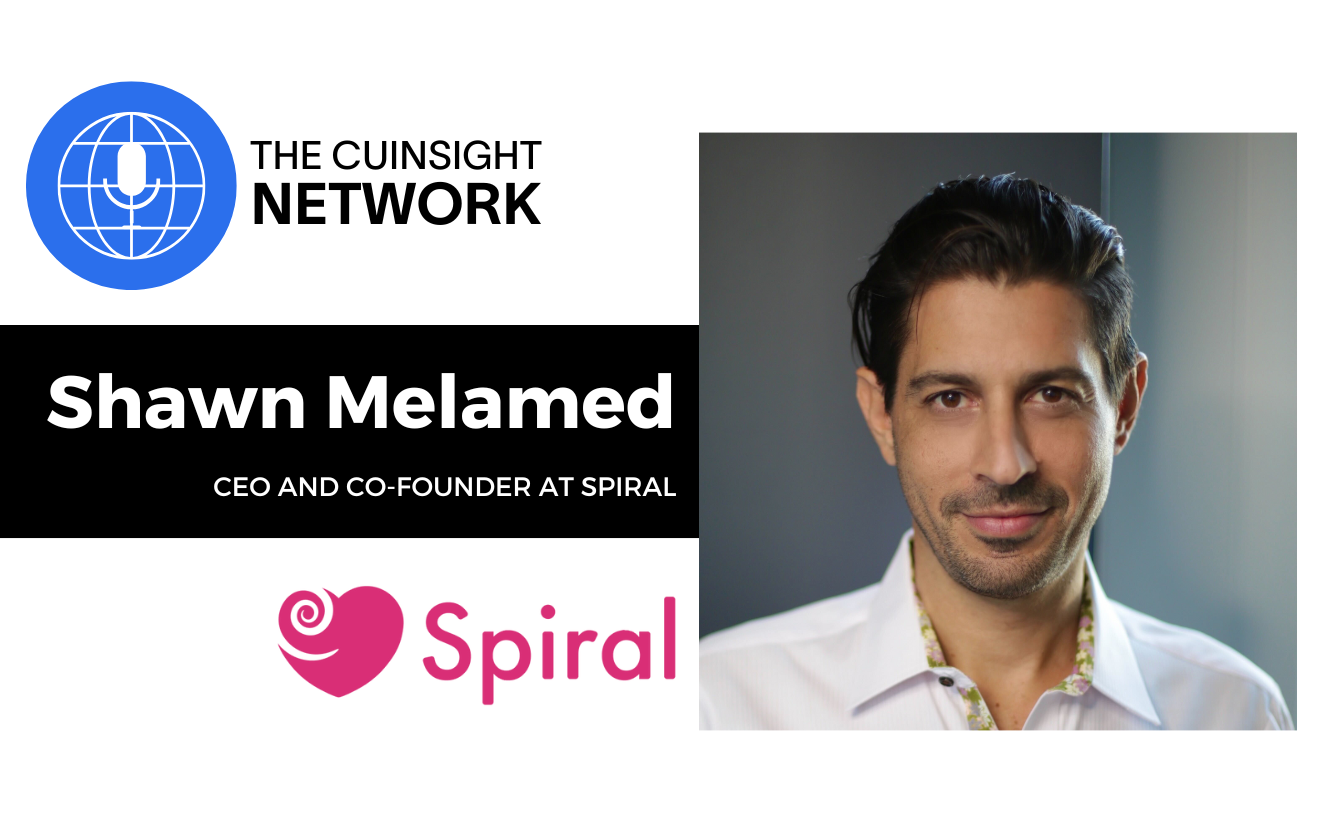by Henry Meier
Today and tomorrow the Federal Reserve’s Open Market Committee holds its last meeting before the American economy is either saved from or tossed over the fiscal cliff. So it shouldn’t surprise anyone that the most prominent bit of financial news making the rounds this morning is anarticleauthoritatively predicting that the FED will use the meeting to announce that it will be extending and maybe even increasing its Quantitative Easing (QE) Program. I don’t need to remind credit unions that the program has resulted in historically low interest rates.
A few quick thoughts:
- You can hardly blame the FED for doing what it canto guard against political ineptitude, but atits next meeting Iam hoping that there is more public discussionabout the continuing value of artificially low interest rates. The FED’s program hasn’t stimulated investing by companies, which are sitting ona record high amount of cash, and business lending by banks remains sluggish. Bottom line: credit unions and smaller community banks are still paying the price for the great recession by artificially subsidizing the handful of institutions with the ability to capitalizeoff lower interest rates.
- Last night I chatted withsome credit union people and thereis something seriously wrong about a policyinitiative that discourages credit unions and banks from taking in new deposits.




